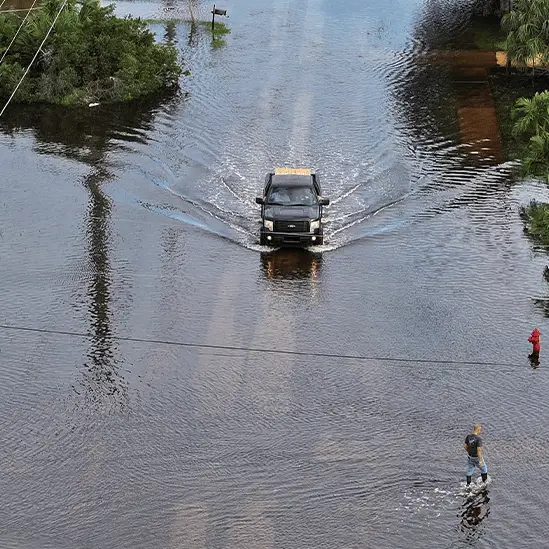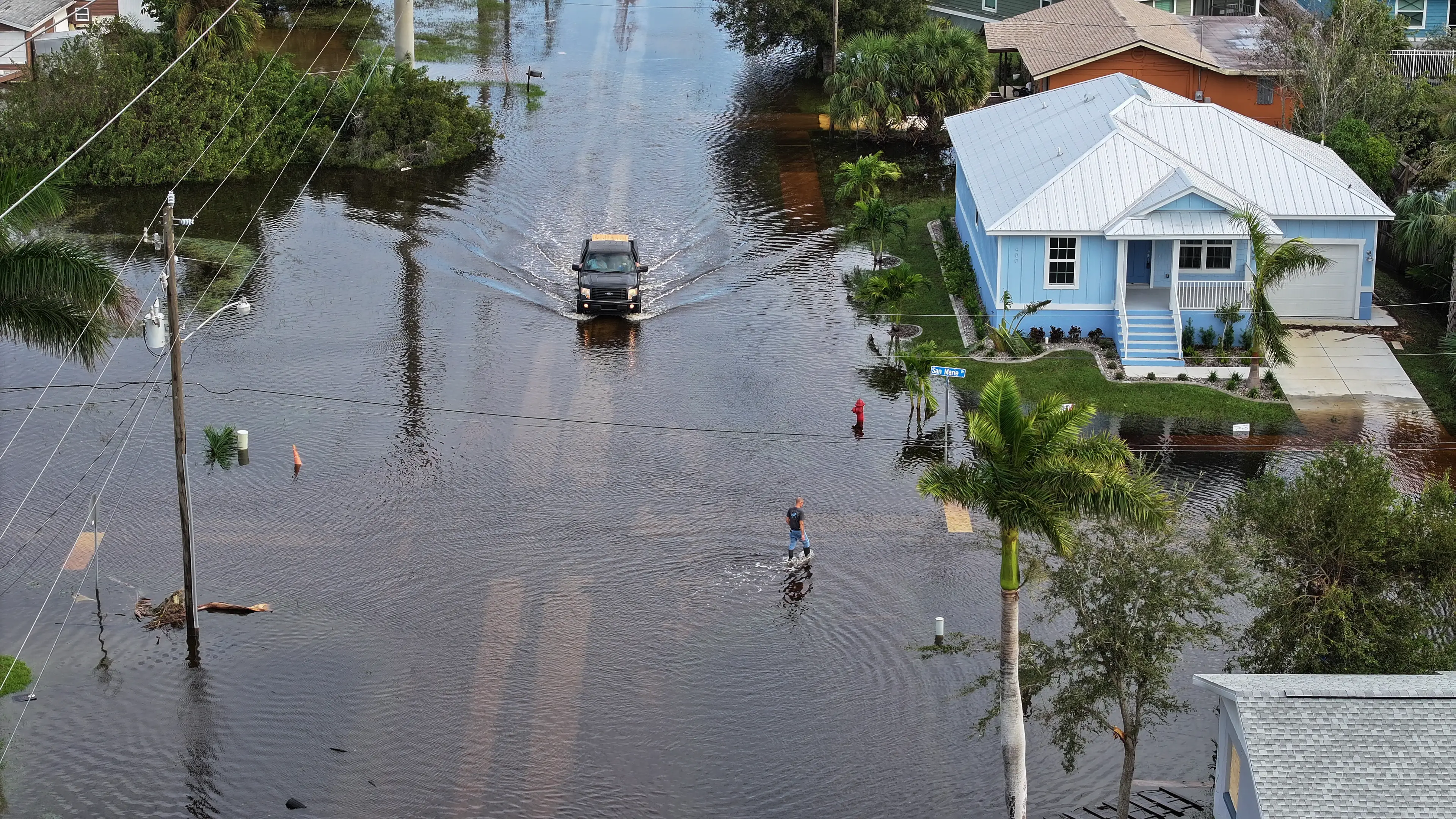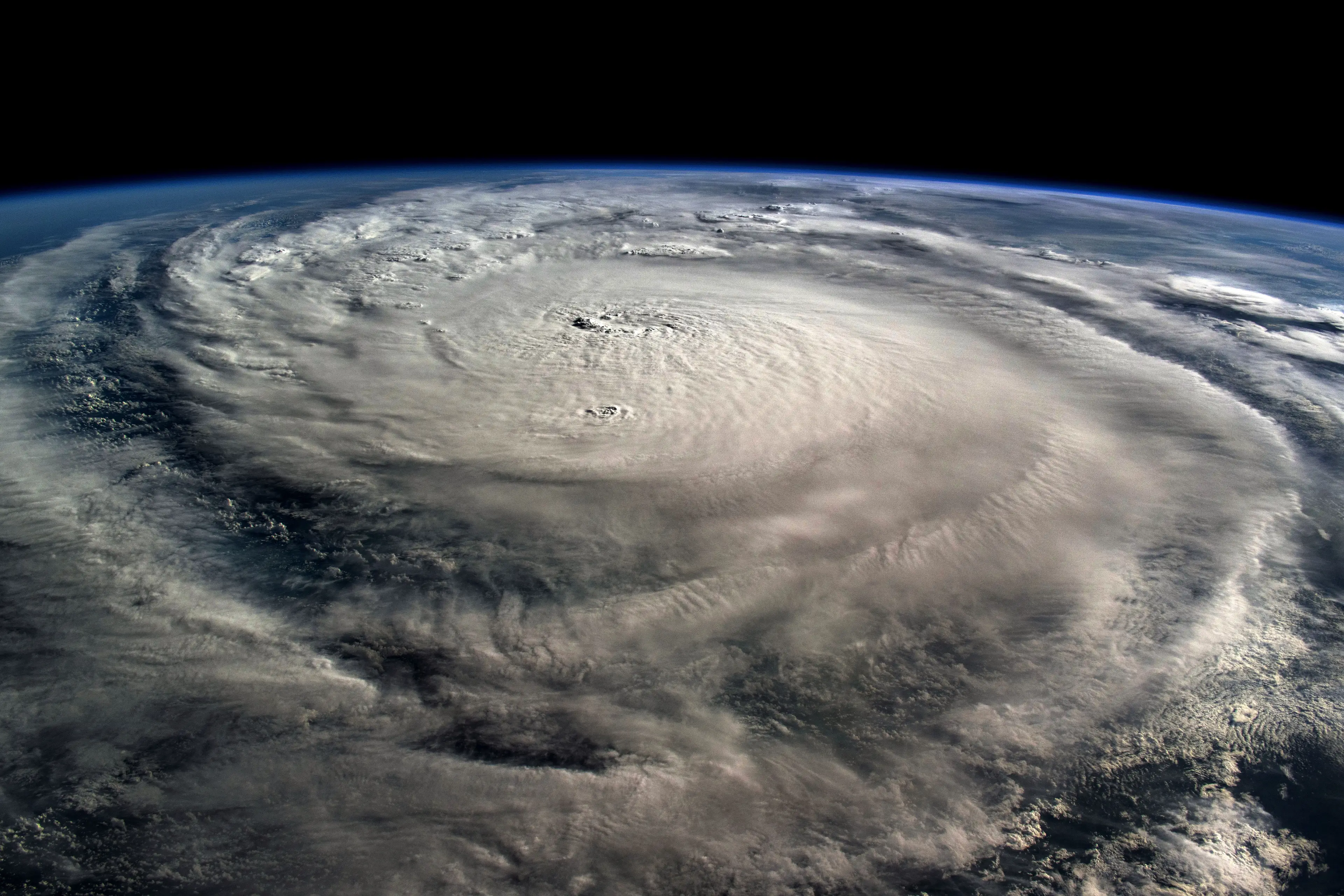


If you have even vaguely glanced at the news in the past few weeks, you will likely have seen coverage of the devastating Hurricanes Helene and Milton.
If you have, you might have wondered for a moment why those storms were given those particular names.
As it turns out, the appending of human names to tropical storms, hurricanes and typhoons has a historical – and extremely petty – reason behind it dating all the way back to 1887 and a man named Clement Wragge.

Advert
Wragge was a British meteorologist and fellow of the Royal Geographic Society. He wrote books and weather guides, and eventually turned his attention to tracking storms over Australia, New Zealand and the Arctic Circle.
At first, Wragge chose names derived from Greek or Roman mythology, a fitting source for such devastating forces of nature.
Later he started giving women’s names to storms, particularly those of beautiful women that had caught his attention.
This practice of giving female names to hurricanes continued until all the way to the 1980s.
Back in the late 19th century when Wragge was working, storms were given names mostly on the whim of whoever happened to be tracking them, and very little further thought was given to the meaning behind such names.
However, when some public figures and politicians began opposing projects that Wragge was working o n, he began to append their names to various storm systems. As a result, Wragge could take great delight in reporting that a certain politician’s name was “causing great distress,” or “wandering aimlessly about the Pacific.”

After Wragge died in 1922, his system of naming storm fell into disuse. A somewhat haphazard method of describing storms by location or area of impact was used instead.
This however, tended to cause confusion, as separate storms hitting a similar location could end up with the same name.
In World War II, Wragge’s system of giving storms human names was revived, led by meteorologists from the United States Air Force and Navy.
In 1954, the National Weather Bureau officially enacted the practice of naming storms after women.
Other countries such as Australia and New Zealand followed suit in 1963. In 1979, the National Weather Service begin evenly splitting hurricane names between masculine and feminine names.
As technology develops and communication improves, so has awareness of how the language affects perception, even of weather phenomenon. “It wouldn’t make sense if you’ve got a cyclone of the coast of India and you call it Eugene,” Dennis Feltgen of the National Oceanic and Atmospheric Administration explained to Atlas Obscura, clarifying that a storm’s name should be recognizable to the people affected by that storm.